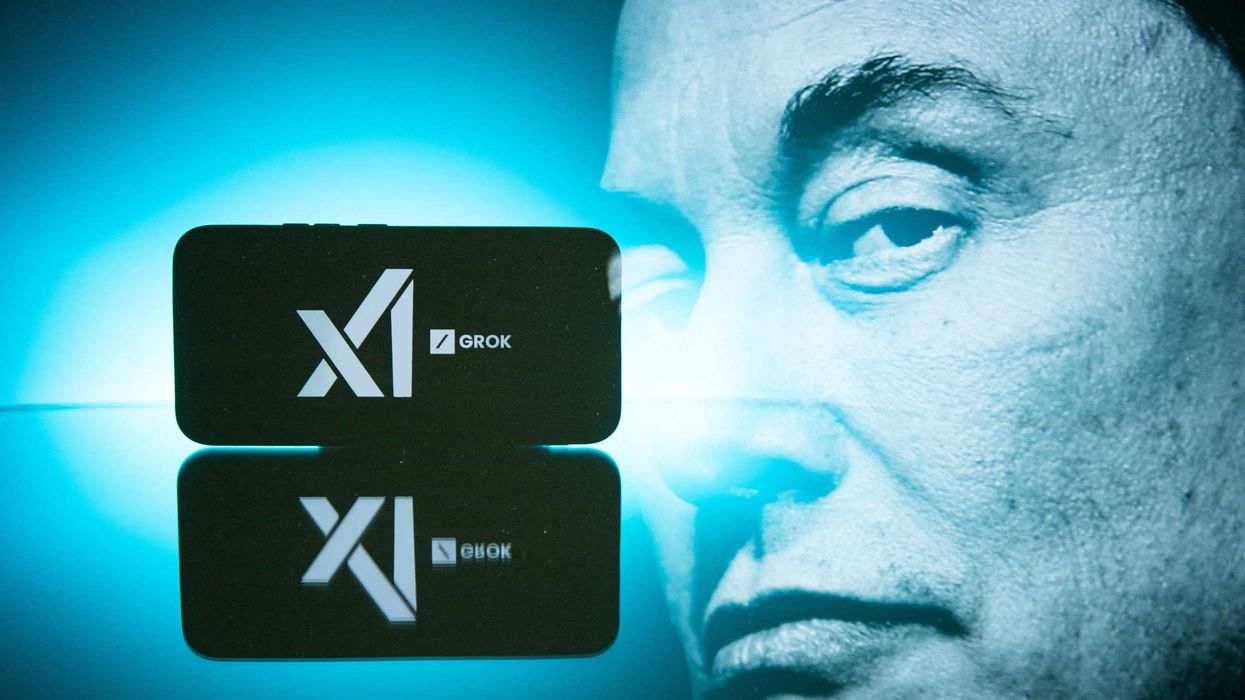By Amit Roy
BBC TV’s adaptation of Vikram Seth’s A Suitable Boy marked a landmark.
Published in 1993, it took the BBC 27 years to bring the novel to the screen – never before has any UK broadcaster taken so much of a risk with a drama in which there were no white characters.
Granada TV’s The Jewel in the Crown in 1984 was also set in India and proved a huge success. But based on Paul Scott’s Raj Quartet novels, that was more about the lives of the British as the curtain fell on the empire.
The BBC’s next big offering, to begin on New Year’s Day, is The Serpent, about the serial killer Charles Sobhraj.
While Mrs Rupa Mehra sought a suitable boy for her 19-year-old daughter, Lata, in Seth’s novel, the British tabloids have come round to the opinion that the erstwhile American actress Meghan Markle is not a suitable girl for the royal family.
It is ironic that objections have been raised to The Crown on Netflix on the grounds that it is not historically accurate.
But accuracy has not always been an essential requirement for royal reporting. Journalists are under pressure to produce “exclusives” and not worry unduly about accuracy. Indeed, the coming and goings of the royal family are dealt with as though they are characters in a soap opera – like EastEnders or Coronation Street – but with nicer clothes and bigger houses.
It is this seductive mixture of fact and fiction which helps to sell newspapers. By and by, it would be entirely appropriate if Meghan were to play herself in a future series of The Crown.
I speak as someone who got some royal stories wrong. Though I once travelled with the royal couple, I did not believe there was anything amiss in Prince Charles’s first marriage, when it had more or less fallen apart. Perhaps it was wishful thinking on my part.











